struct myStruct
{
int* arr;
int size;
};
void get_back(struct myStruct* my ,int* arr, int* size)
{
arr = my->arr;
*size = my->size;
}
int main()
{
struct myStruct my;
my.arr = (int*) malloc(3 * sizeof(int));
my.arr[0] = 20;
my.arr[1] = 200;
my.arr[2] = 2000;
my.size = 3;
int* ret_arr = NULL;
int size;
get_back(&my, ret_arr, &size);
free(my.arr);
return 1;
}
The goal of my simple program is to get back the values from my.arr into ret_arr,
since ret_arr=nullptr, do I need to allocate the memory and than copy it into the array inside get_back function?
or I can just point to the existing array inside "my" struct?
This is my current solution, I copy the values.
struct myStruct
{
int* arr;
int size;
};
int* get_back(struct myStruct* my , int* size)
{
int *arr = (int*)malloc(3 * sizeof(int));
for (int i = 0; i < my->size; i++)
{
arr[i] = my->arr[i];
}
*size = my->size;
return arr;
}
int main()
{
myStruct my;
my.arr = (int*) malloc(3 * sizeof(int));
my.arr[0] = 20;
my.arr[1] = 200;
my.arr[2] = 2000;
my.size = 3;
int* ret_arr = NULL;
int size;
ret_arr = get_back(&my, &size);
free(my.arr);
free(ret_arr);
return 1;
}

